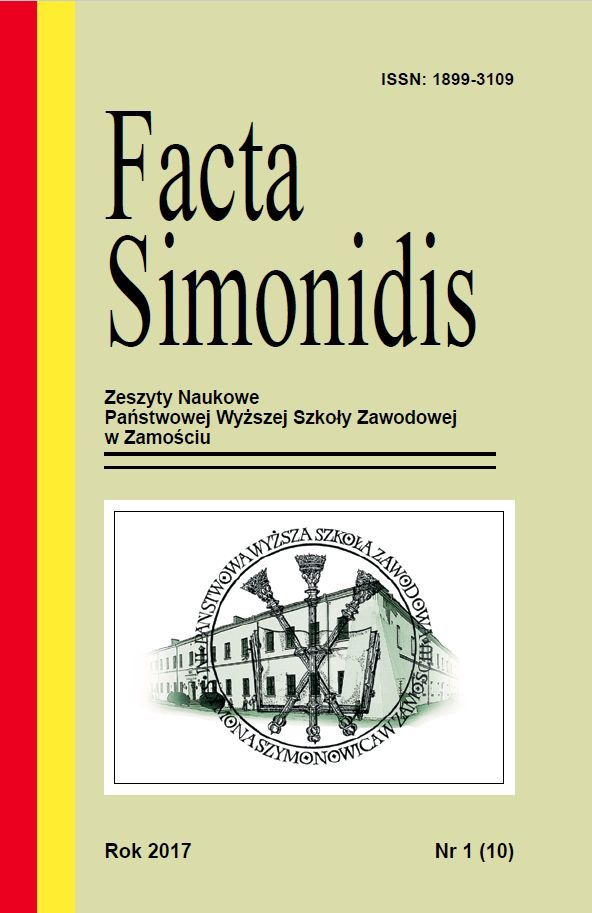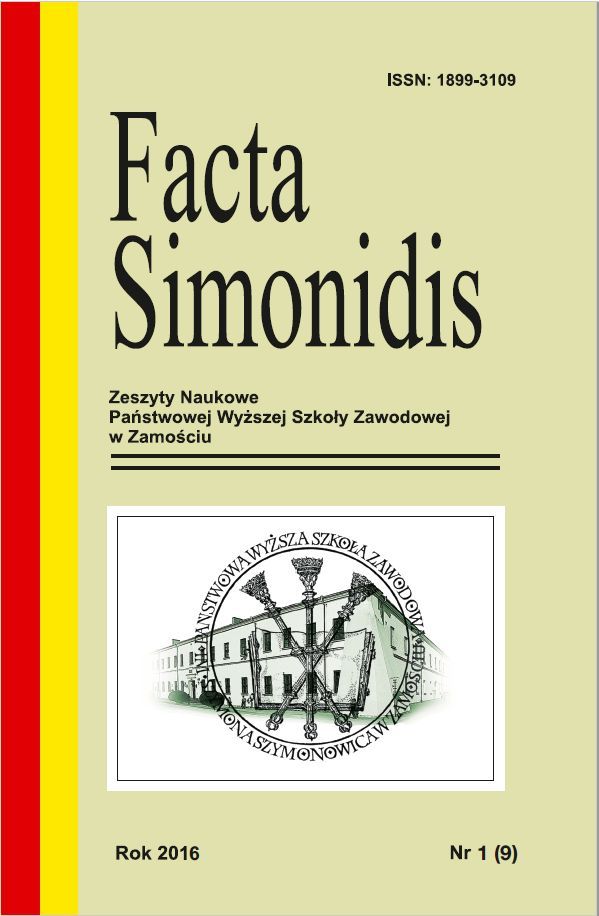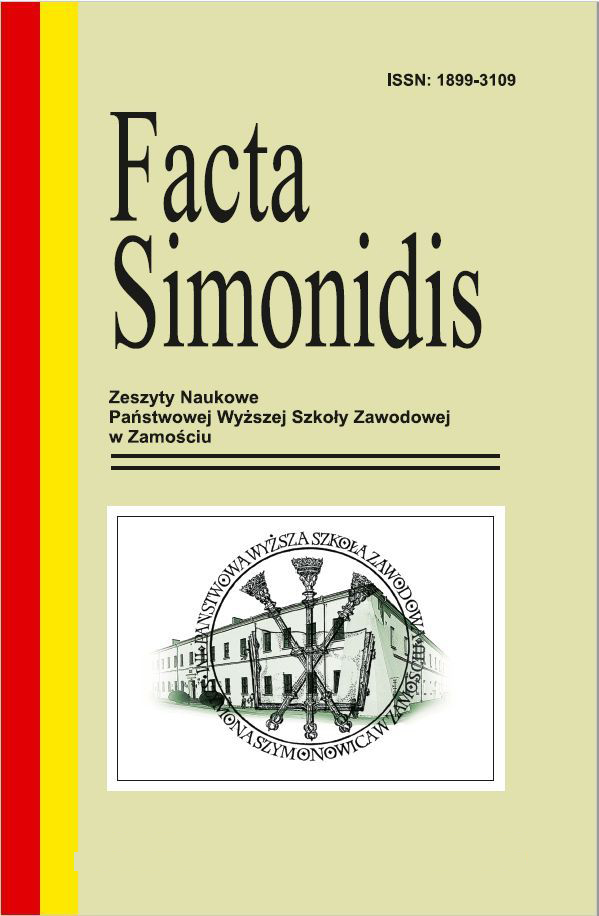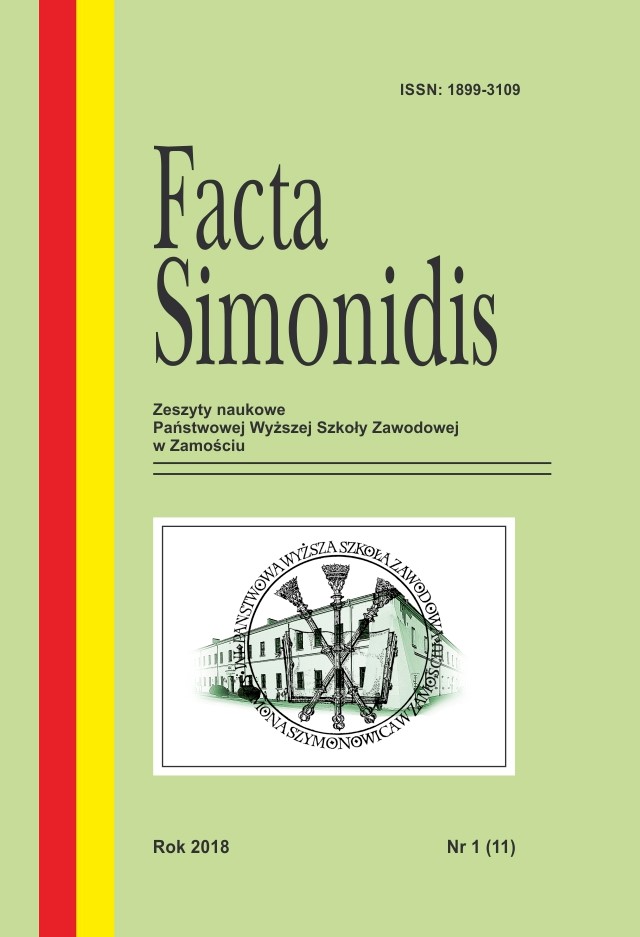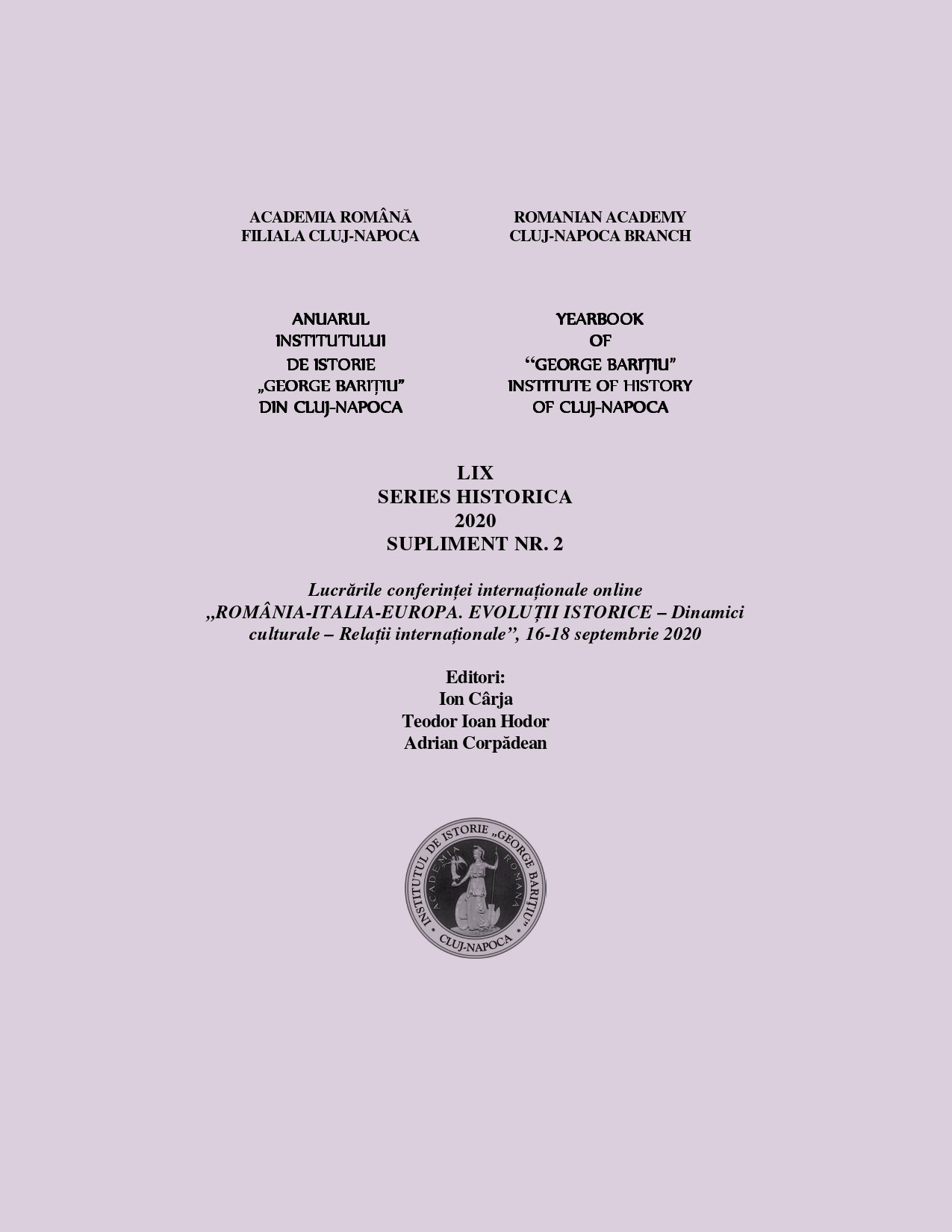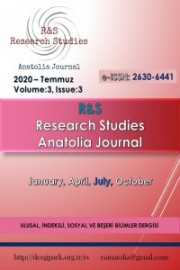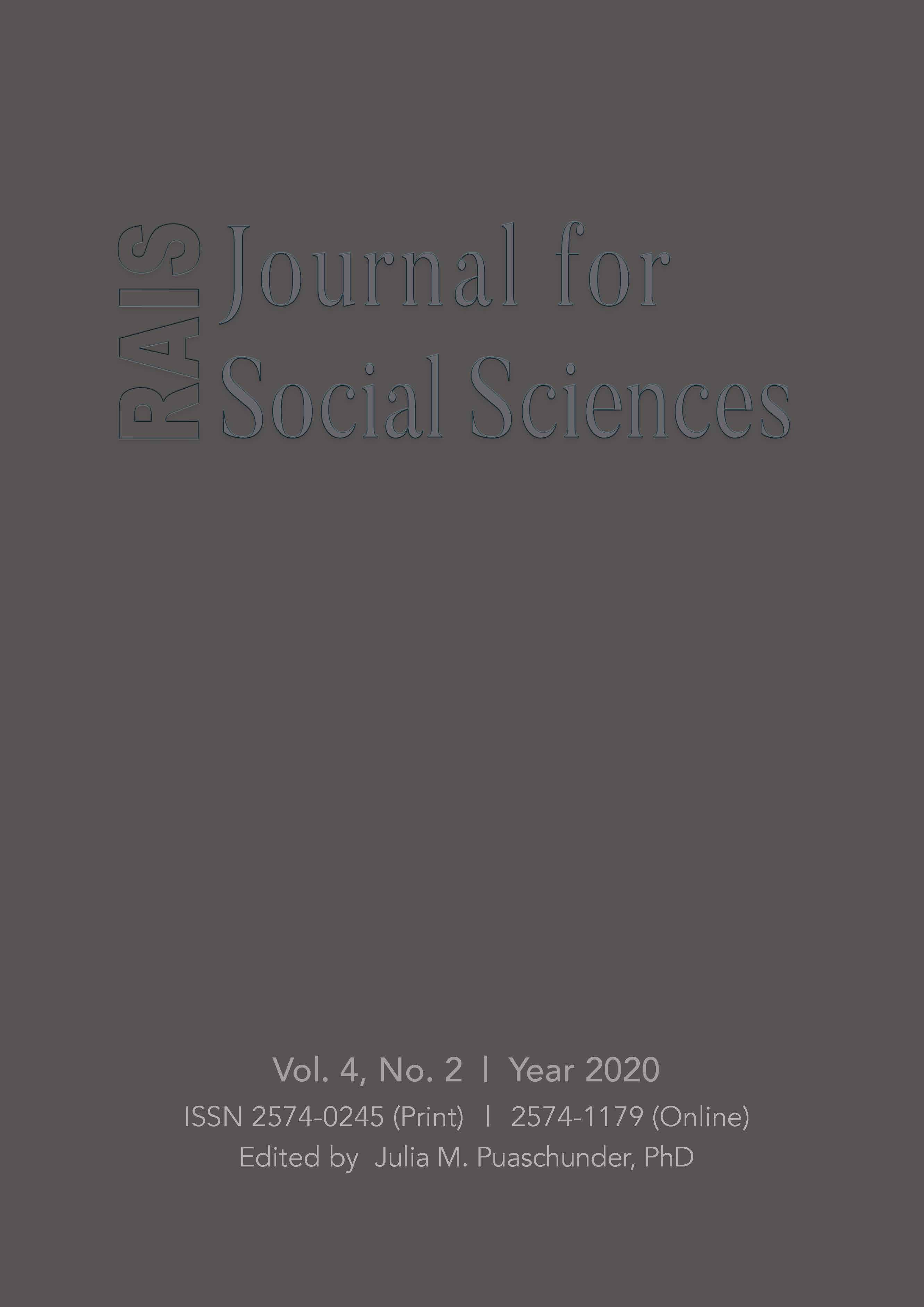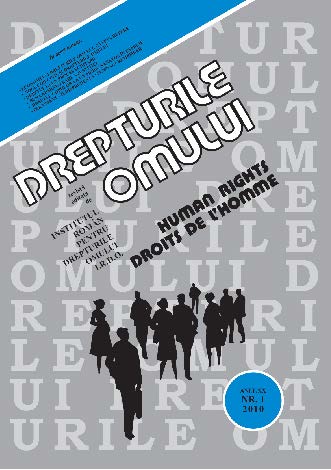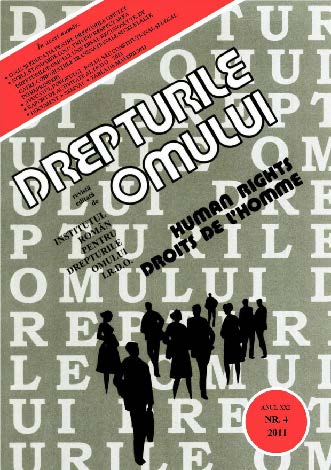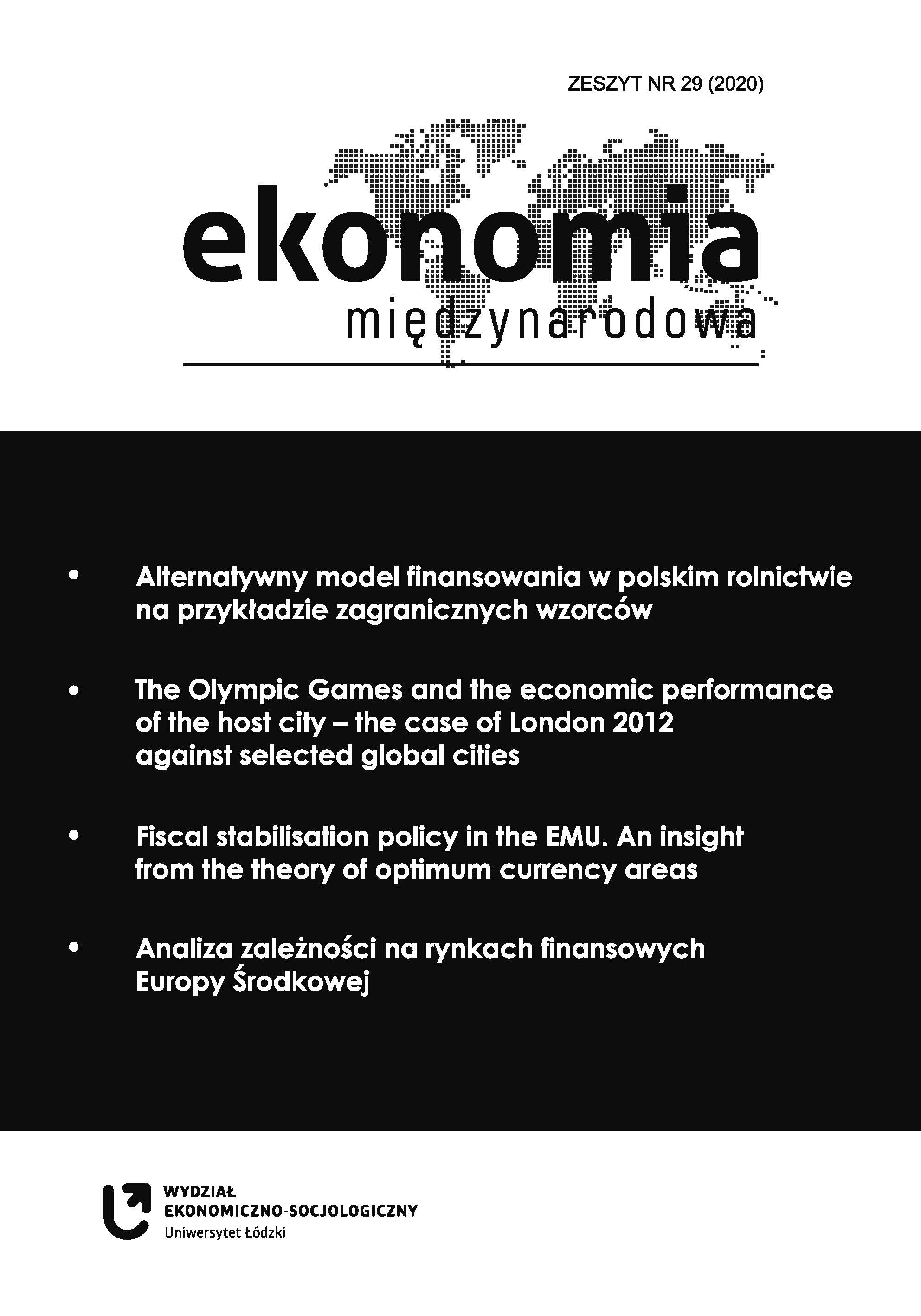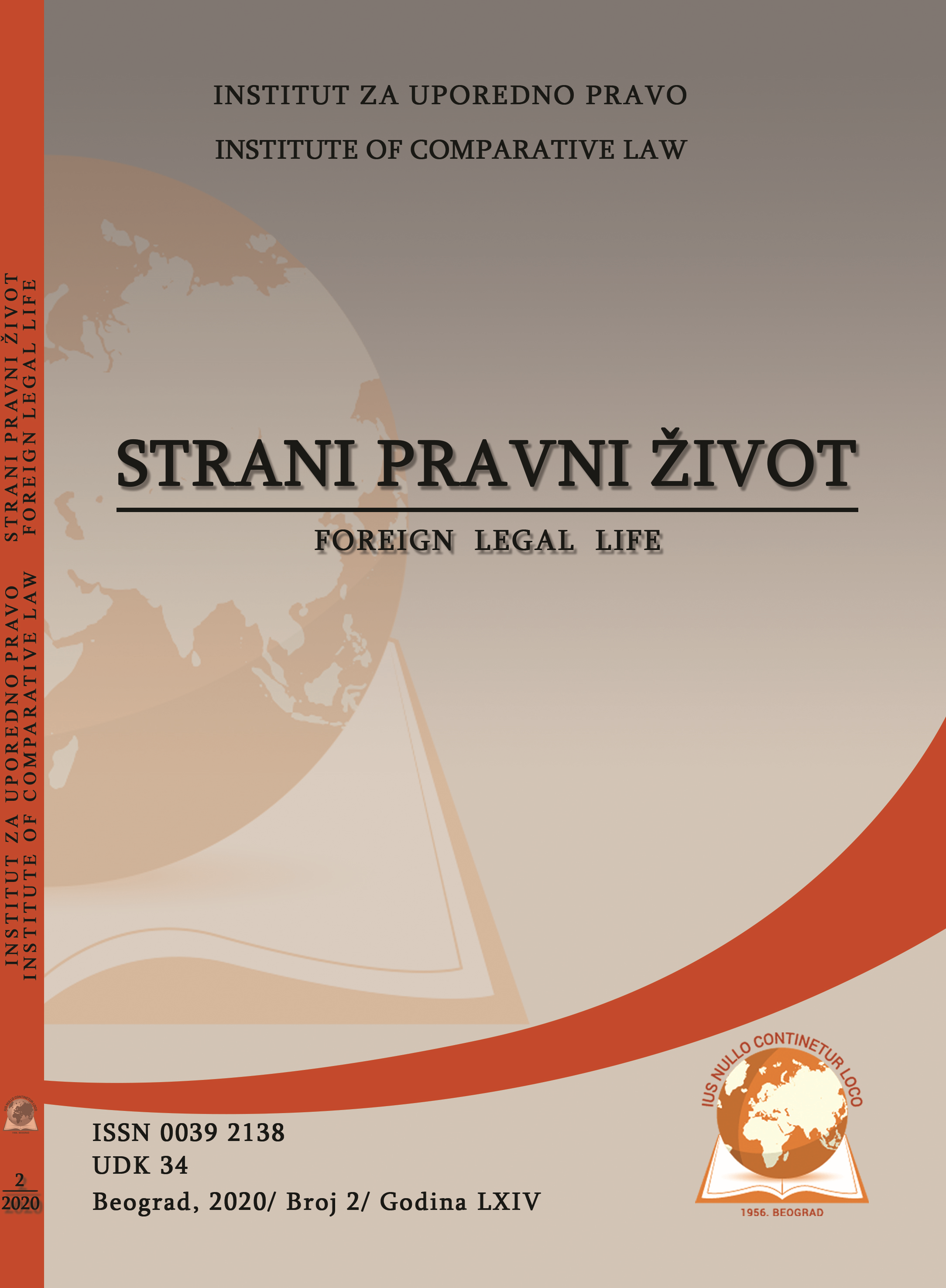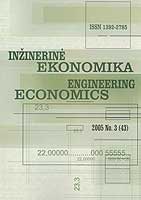Author(s): Irina Zlătescu / Language(s): Romanian
Issue: 1/2010
In the context of an agitated and rich-in-transformations end of century and a beginning of the new century and millennium characterized by accelerated changes, globalizations and great challenges and dangers, new evaluations and re-evaluations take place in terms of the respect for human rights and fundamental freedoms, identification of new methods, ways and means of action to effectively manage these changes, while taking into account both the obligations of countries towards their citizens and the collective responsibility assumed under the circumstances of an intensifying globalization process. Having a universal vocation, human rights are characterized by highly complex connections with all fields of human life, with unprecedented implications at the political, juridical, cultural and economic levels. The globalization of the labour market, the internalization of economies, which defies the national State and the international interstate order that was characteristic of the 20th century, the world context in which a global model of modern governance is being developed, all bring along questions related to the economic, social and cultural policies at European and global level in terms of the promotion and the protection of human rights. Various international instruments regulating the protection of human rights refer to the globalization process and the risk of imbalances between the rich countries and the poor ones, while pointing out that cultural activities, goods and services have a double nature - economic and cultural. They cannot be dealt with as if they had a cultural value only; the interaction between the economic freedoms, which make up the liberal economy, and the civil freedoms, which make up democracy, should also be taken into account. Hence the role financial institutions play in terms of respect for human rights, in their capacity as institutions that should respond to globalization by acting and thinking in a way that is inspired by the free economy and taking into account the criteria associated with the latter. However, human rights have been for a long time considered to be only dependent of the member states’ policies and not connected with the economic aspects as well, thus being excluded from these institutions’ field of activity. Gradually, new ways to promote the economic, social and cultural rights were developed, particularly in the framework of the World Bank. What is important to know is to what extent the existing instruments are capable to guarantee the observance of certain human rights, such as the right to education, the right to health, the right to food, etc. It should also be borne in mind that the international financial institutions take into account the development of the international legal system to which they belong, a system where human rights have taken an unprecedented impetus.
More...
